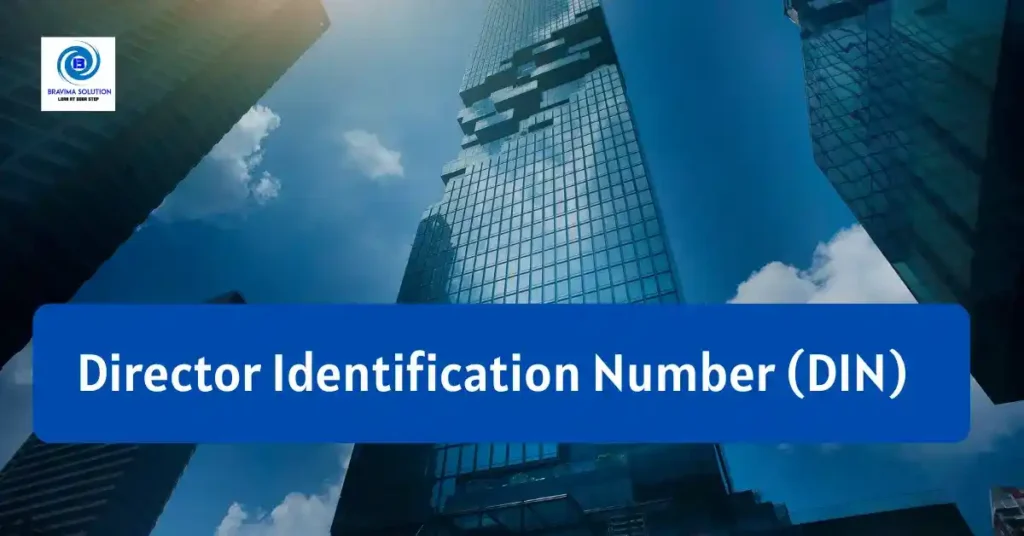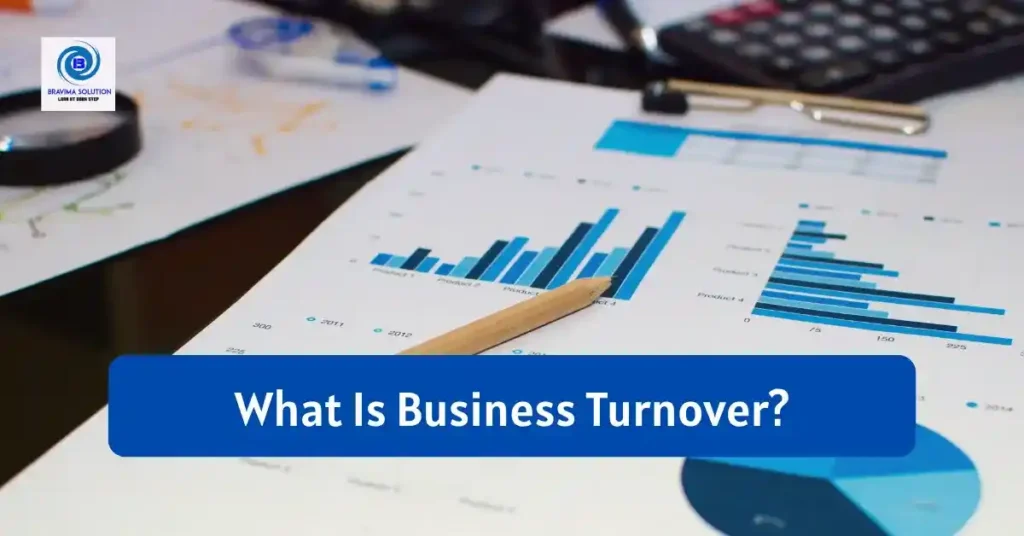
When starting or managing a company in India, your Director Identification Number (DIN) is your official digital identity as a director. It’s an essential, lifelong ID that ensures accountability and transparency in corporate governance.
1. What Is a DIN?
- DIN is an 8-digit unique number assigned by the Ministry of Corporate Affairs (MCA) to individuals appointed as directors in Indian companies.
- It’s non-transferable, valid for life, and remains constant no matter how many companies you serve.
- Legally mandated under Sections 153–155 of the Companies Act, 2013.
2. Why DIN Matters
- Enables centralized tracking of directors across all companies through the MCA portal.
- Promotes transparency, curbs fraud, and builds investor confidence.
- Mandatory for signing filings like annual returns, board resolutions, and financial reports.
- Prevents duplicates and ensures regulatory accountability.

Best SME/MSME Loan offers are just a click away
3. Who Needs a DIN?
- Anyone appointed as a director in an Indian company—salaried, self-employed, resident, or foreign national.
- Does not apply to managerial roles like consultants or advisors—only those holding a directorship.
4. How to Obtain a DIN
- For new companies – use the SPICe+ form, which lets you apply for up to three DINs during incorporation.
- For existing companies – file the standalone DIR-3 eForm.
- Upload ID, address proofs, DSC, and pay Rs 500 – verified by MCA and issued within 2–30 days.
- Director must inform the company and file DIR-3C within 15 days after issuance.
5. Key Compliance & Maintenance
- Annual KYC filing (DIR‑3 KYC) required by 30 September each year—or the DIN becomes inactive.
- Update DIN details (address, email) via DIR‑6 as needed .
- Surrender or cancel DIN if you’re no longer a director using DIR-5.

Best Working Capital Loans Loan offers are just a click away
6. Consequences of Non-Compliance
- DIN deactivation—due to missing KYC, leads to non-use in filings .
- Penalties: Company and directors may face fines up to ₹1 lakh for late filing l.
- Legal risks: Invalid filings, disqualification, and compliance issues arise without active DIN .
7. Common Queries & Reddit Insights
- Can you get a DIN without a company?
Yes—but requires DSC and DIR‑3. The DIN remains valid even if unused. - Is KYC always needed first year?
If DIN is issued post-March, the first KYC due by the next deadline. Otherwise, deactivation may occur. - Correcting errors or deactivating DIN?
Use DIR-6 to fix issues and DIR-5 plus resignation + DIR-11 to disengage .

Secure Your Business Funding – Apply in Minutes
Similar Blog
- Small Overdraft Loan for Business: A Smart Way to Manage Cash FlowRunning a small business often comes with unexpected expenses and cash flow challenges. Whether it’s paying suppliers, covering salaries, or… Read more: Small Overdraft Loan for Business: A Smart Way to Manage Cash Flow
- How to Reduce EMI on Business Loans in India: 7 Practical WaysIf you’re running a business in India, managing your cash flow efficiently is crucial—and one way to ease financial pressure… Read more: How to Reduce EMI on Business Loans in India: 7 Practical Ways
- What Is Business Turnover? Meaning, Types & Why It MattersFor any business—large or small—turnover is one of the most fundamental metrics. But what does it really mean, and why… Read more: What Is Business Turnover? Meaning, Types & Why It Matters
- Small Business Cash Advances: A Flexible but Costly Funding OptionWhen small businesses face urgent funding needs—like addressing seasonal inventory demands or unexpected expenses—they often turn to cash advances (including… Read more: Small Business Cash Advances: A Flexible but Costly Funding Option
- Business Working Capital Loans: A Lifeline For Small Manufacturers in IndiaIn today’s competitive and dynamic industrial environment, small manufacturers often face cash flow gaps that affect operations, payroll, raw material… Read more: Business Working Capital Loans: A Lifeline For Small Manufacturers in India
- What Are the Foreclosure Charges on a Business Loan?Foreclosing a business loan—i.e., paying it off before the end of its scheduled term—can be a smart move to reduce… Read more: What Are the Foreclosure Charges on a Business Loan?







